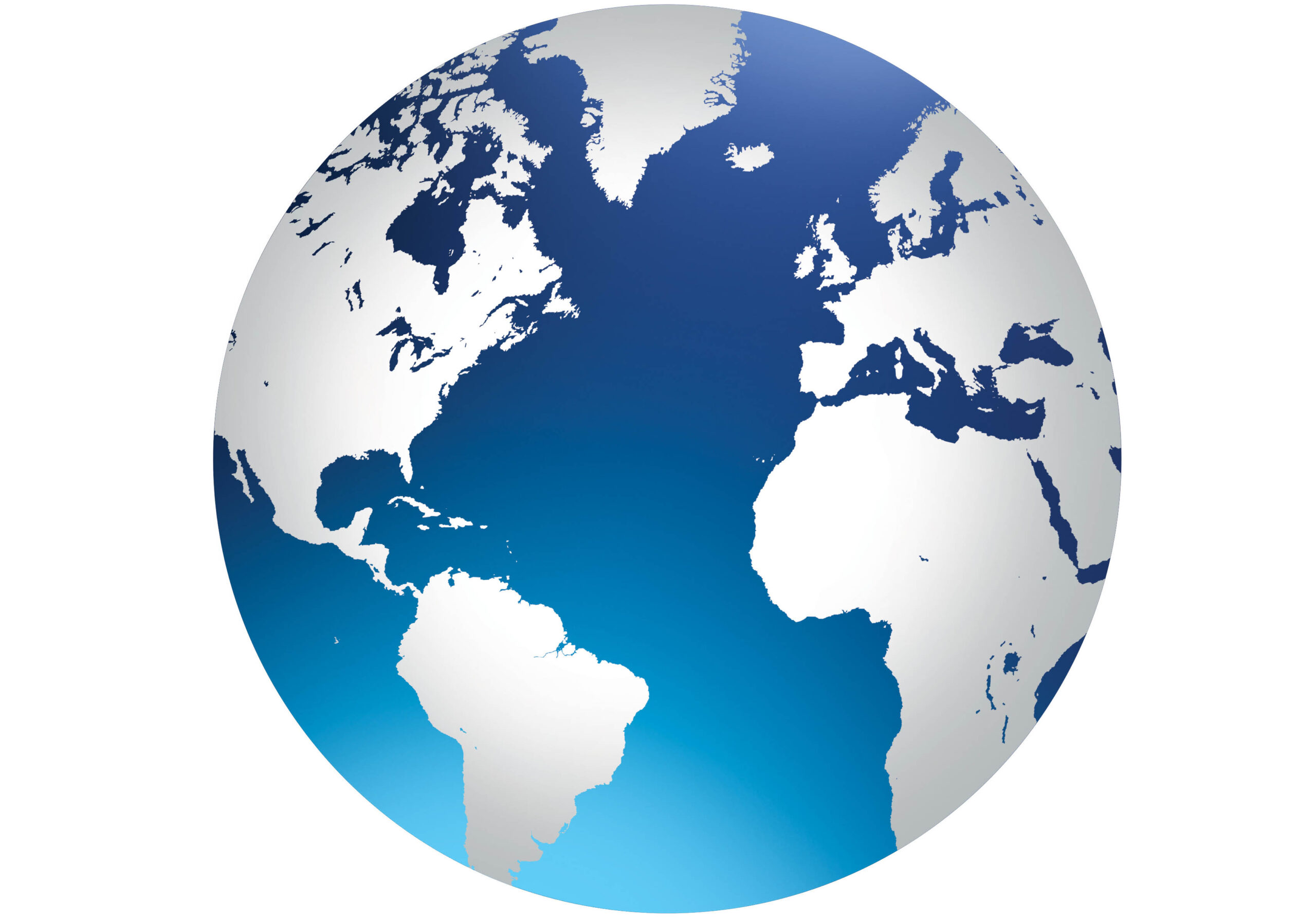The ICJ welcomes that some progress has been made during the August 1997 session of the UN Preparatory Committee on the Establishment of an International Criminal Court.
Although consensus has emerged on some issues, the ICJ is concerned that many of the politically-sensitive questions, such as the role of the UN Security Council, remain contentious and unresolved.
Several provisions were reviewed during this session. Most of the language in the Court’s Draft Statute remained between brackets. Several options and alternatives to each article were considered, but very few issues were finalised or resolved. The ICJ said:
Victims of genocide, war crimes and crimes against humanity throughout the world anxiously await the establishment of this permanent International Criminal Court to eradicate the impunity granted to the perpetrators of such crimes. They would like to see that an effective, independent, and just court be established soon.
During this session, the United States of America and France continued to argue in favour of a greater role for the UN Security Council. Singapore proposed a compromise formula which was accepted by smaller States. Britain, China and Russia, were open to considering the Singapore proposal.
Although the ICJ favours that the future Court be triggered through the prosecutor, by various bodies, including States and the UN Security Council, it fears that the independence and credibility of the Court will greatly diminish if strong connections are established between the Court and the Security Council.
The lCJ is also disturbed that some States continue to be reluctant to grant the court inherent (automatic) jurisdiction over all the above-mentioned core crimes.
Some States claim that national courts should have concurrent jurisdiction over such crimes. These States fail to acknowledge, however, that it is the failure of national legal systems to bring to justice the perpetrators of grave breaches of humanitarian law and gross violations of human rights that makes the creation of an International Criminal Court imperative.
Many States are persistent in their refusal to allow the prosecutor to act upon his/her own initiative. They would like the court to be triggered only by States or by the Security Council. Denying the prosecutor the ability to act upon initiative prevents him/her from responding to the request of victims. States after all hesitate to displease each other. Those States which are protected by a Permanent Member of the UN Security Council will have additional inununity.
Also disturbing is that discussions are delayed by focusing on detailed procedural questions. The ICJ fears that this is a delaying tactic. The ICJ said:
Delegations should focus their efforts at this stage on creating sufficiently precise general rules, but allow flexibility for more detailed rules to be developed by the judges as required by the circumstances.
The ICJ attended the Preparatory Committee’s meeting at the UN Head-Quarters in New York. The Preparatory Committee met from 4 to 15 August 1997. This was the third session of the Committee since its establishment and the ICJ has attended all of the previous sessions. Since 1991, the ICJ has been advocating the establishment of a permanent International Criminal Court to eliminate impunity. The ICJ welcomed that the UN General Assembly has established in 1995 this Preparatory Committee with a mandate “… to draft texts of a convention for an international conference of plenipotentiaries.” The Committee bases its work on a draft Statute that was finalised by the UN International Law Commission in 1994. The Preparatory Committee, which was preceded by an ad hoc Committee, will meet twice in New York in December 1997 and in March/ April 1998 before the Conference of Plenipotentiaries is held in June 1998.
For a successful diplomatic Conference to be convened as scheduled, delegates need to pursue more rigorous negotiations to reconcile legal systems and ensure the creation of an effective court.
Non-Governmental Organisations (NGOs) observe the work of the Preparatory Committee. The NGO Coalition for an International Criminal Court brings together hundreds organisations from all regions of the World. The Coalition aims at fostering awareness and support for the Court among a wide range of civil society organisations. During the sessions, the Coalition assists its members in co-ordinating their lobbying efforts with governments and disseminates information concerning the establishment of the Court. The ICJ is a member of the Coalition’s Steering Committee.





